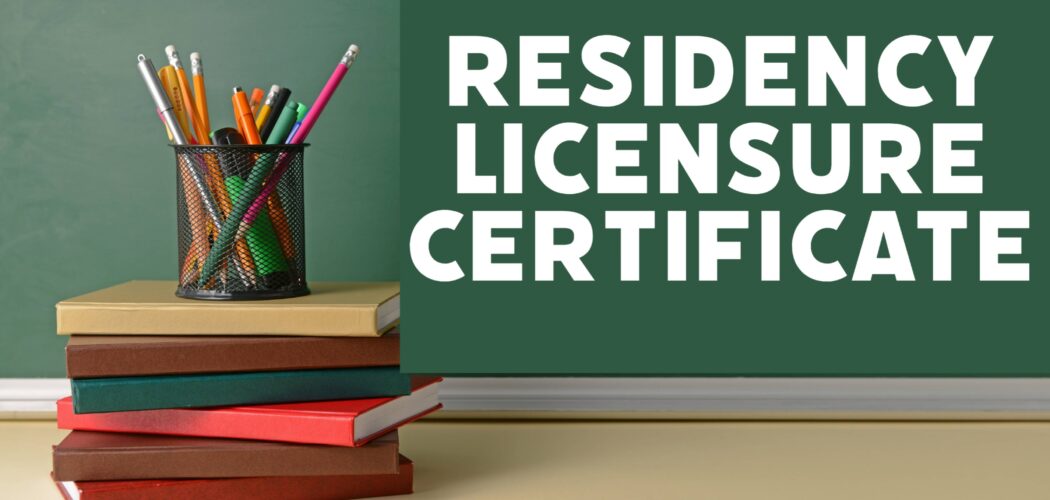
Residency Licensure Certificate
RCC to offer new Residency Licensure Certificate program for educators
Residency Licensure Certificate (C55490) Catalog

With many school systems across the State of North Carolina struggling to
fill open positions, Robeson Community College is proactively seeking
solutions to help curb the shortage. This fall, RCC will offer the
Residency Licensure Certificate program, as more and more individuals who
want to teach are trying to find alternative ways to obtain licensure.
“This an exciting time for education,” stated Dr. Phoebe Chavis-Harris, the
program director of Education programs at Robeson Community College. “It
took several years to get this certificate program approved, which involved
the collaboration of legislatures and countless colleges and faculty
members from across the state… this will help us in trying to meet the
current need for rural and urban shortages of teachers.”
The new certificate program is designed for individuals seeking to obtain a
clear professional educator’s license in Elementary Education to teach in a
school located within North Carolina.
“Statistics show that enrollment in teacher education programs in the UNC
System has declined by 41% since 2010,” stated Harris. “The number of
teachers in the pipeline through UNC Education Preparation program has
declined from 31% to 23% between 2015 and 2020… but teachers seeking
licensure through alternative routes have increased by more than 10%.”
Reports show that more than 12,000 teachers left the profession in 2018,
leaving a large space for school systems to fill in North Carolina alone,
creating a pipeline that is “leaking from both ends.”
But as Harris points out, there are still many individuals who want to
teach, but they do not want to start from scratch in the process of
getting their official licensure.
“The individuals who will want this certificate are those who have already
obtained a bachelor’s degree, in fact, a bachelor’s degree is required,”
Harris said. “They may have worked in business and industry, they may have
received a degree and then started a family and have been raising children,
or they may be someone that has served in the military and now are retired
and want a way to give back by teaching the next generation.”
Whatever the case may be, Harris says this certificate program will be a
game changer in education and will help many individuals take a fast track
to obtaining licensure.
“This will help individuals meet the requirements established by NCDPI to
obtain their clear professional license in elementary education,” Harris
said. “They will receive individual coaching throughout the process from
the RCC Education Department.”
Harris says those who need this certificate are under a time limit and the
layout of the program at Robeson Community College will help them meet that
deadline.
“The cohort admission model is something that we hope to provide a
supportive and engaging learning experience for our students,” Harris
stated. “This program is designed as a 3-year cohort model.”
To obtain the new credentials, students must complete six courses:
EDU 270 – Effective Instructional Environments
EDU 272 – Technology, Data, and Assessment
EDU 277 – Integrated Curriculum and Instructional Strategies: Math / Science
EDU 278 – Integrated Curriculum and Instructional Strategies: Social Studies / ELA
EDU 279 – Literacy Development and Instruction
EDU 283 – Educator Preparation Practicum
Earning the Residency Licensure Certificate is only part of becoming fully licensed. You will still need to meet additional specific requirements set by the NCDPI.
“We would love to have 15-20 students to start out,” Harris said.
Registration is currently taking place for the upcoming certificate
program. Students who apply may be eligible for the $3000 NextNC
Scholarship, which is available to those who qualify in-state tuition and
whose household combined income is $80,000 or less.












